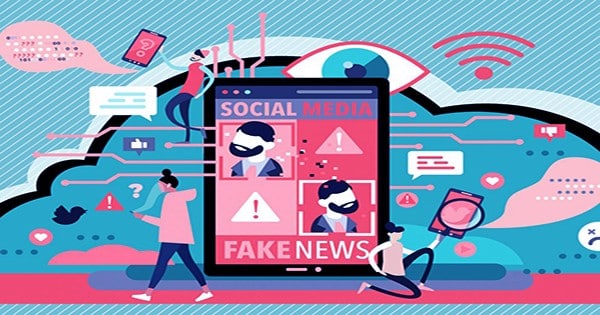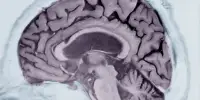Citizens in the United States struggle to distinguish between facts and political opinions. This may not be the news you wanted to hear during an election year, but it is the result of new research conducted by scholars at the University of Illinois Urbana-Champaign’s Department of Political Science.
“The capacity to differentiate between a statement of opinion and a statement of fact is vital for citizens to manage the flood of political information they receive on any given day,” said co-author Professor Jeffery J. Mondak in a release.
In an age of divisive social media discourse, viral misinformation, and AI-generated fakery, sifting through the facts of a political story is a difficult task. However, Mondak and co-author Matthew Mettler believe the difficulties in separating fact from fiction begin far further up the chain.
“There is a great deal of research on misinformation. But what we discovered is that, even before we reach the point of identifying something as misleading, people frequently struggle to distinguish between statements of fact and opinion,” Mondak added.

To conduct the study, participants were asked to classify 12 statements regarding current events as “fact” or “opinion”. A factual statement is “President Barack Obama was born in the United States,” while an opinion statement is “Democracy is the greatest form of government.” The study was performed online between March 9 and March 14, 2019, with 2,500 participants from around the country.
Almost half of the respondents (45.7 percent) did not accomplish this job any better than chance.
Some shared characteristics surfaced among those who performed better on the task. A higher level of schooling and stronger cognitive ability, as well as a better understanding of current events and civics in general, were all linked to a minor improvement in performance.
Political partisanship was the most significant factor influencing wrong responses.
“As partisan political views grow more polarized, Democrats and Republicans both tend to construct an alternate reality in which they report that their side has marshaled the facts and the other side merely has opinions,” he said.
“Not only were there a large number of wrong responses, but many of them were not random. They were systematic inaccuracies because many respondents tailored their responses to fit their partisan narrative.
Mettler explained that partisan bias “distorts people’s capacity to reason their way through these statements.” And the way news coverage is evolving isn’t helping matters. “The trend nowadays, especially on cable news, is more of a blurring of opinion and fact,” he said.
According to these findings, a significant section of the population disagrees not just on the facts of political matters, but also on the concept of what constitutes a fact in the first place.
Mondak and Mettler are concerned that this makes people more susceptible to manipulation and less open to efforts to rectify disinformation, such as those conducted by fact-checking organizations (or your favorite science news website).
“[A] consensus of ‘We can agree to disagree’ can arise even on matters of undisputed fact. “Well, you can’t simply ‘agree to disagree’ that 2 + 2 = 22,” Mondak stated.
This all presents a grim image, but what can we do?
In their research, the authors emphasize that fact-checking can be curative but not preventative. For that, we must return to school, where students are first taught the distinction between truth and opinion. Media organizations can continue to cement this distinction in the minds of the public by repeatedly clarifying when their reporting is based on factual claims vs when they are presenting opinions.
Otherwise, the authors conclude that being deceived by disinformation is practically unavoidable: “Faulty fact-opinion differentiation leaves individuals misinformed not because they are wrong on the facts, but because they are wrong about what facts are.” The study is in the Harvard Kennedy School Misinformation Review.
















